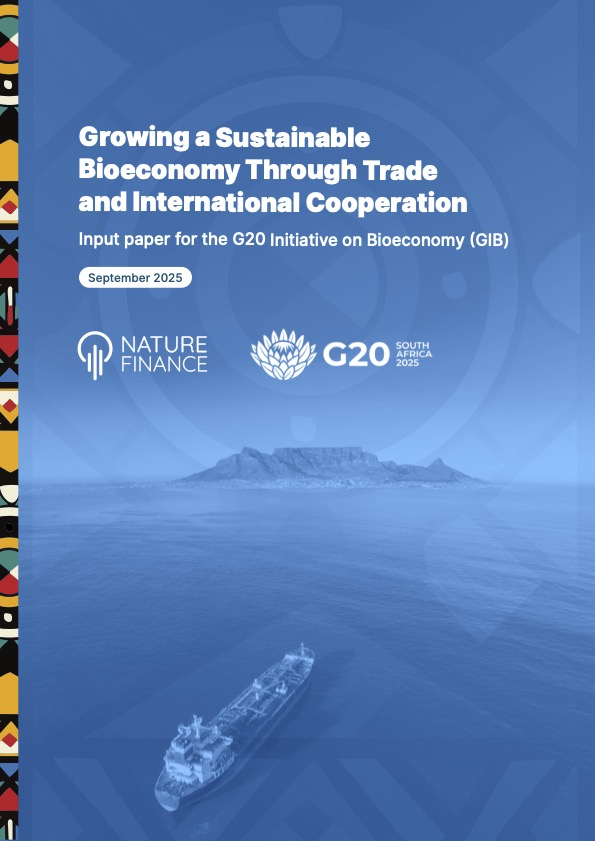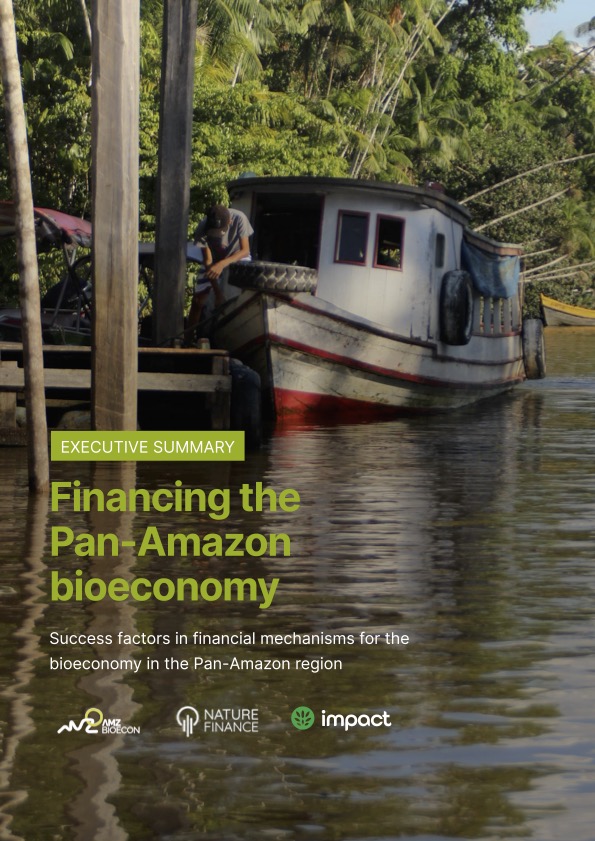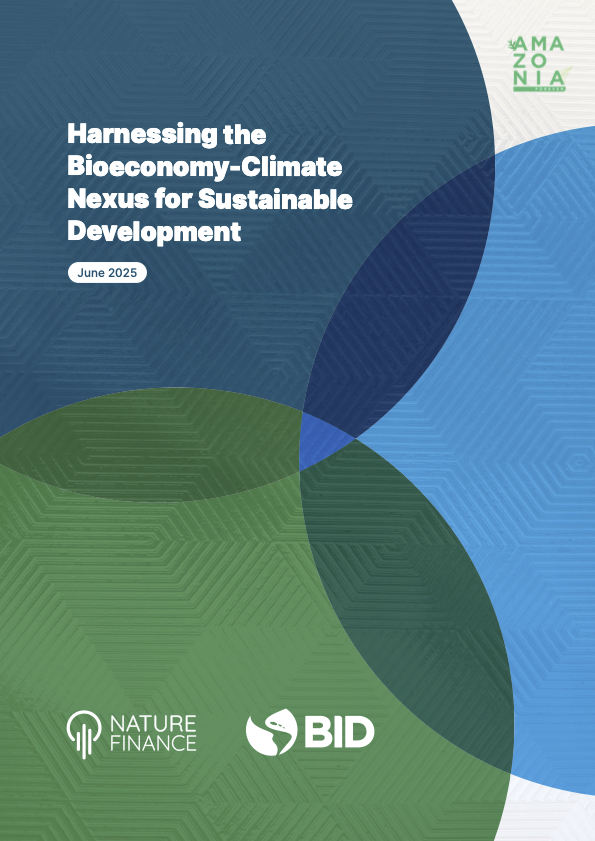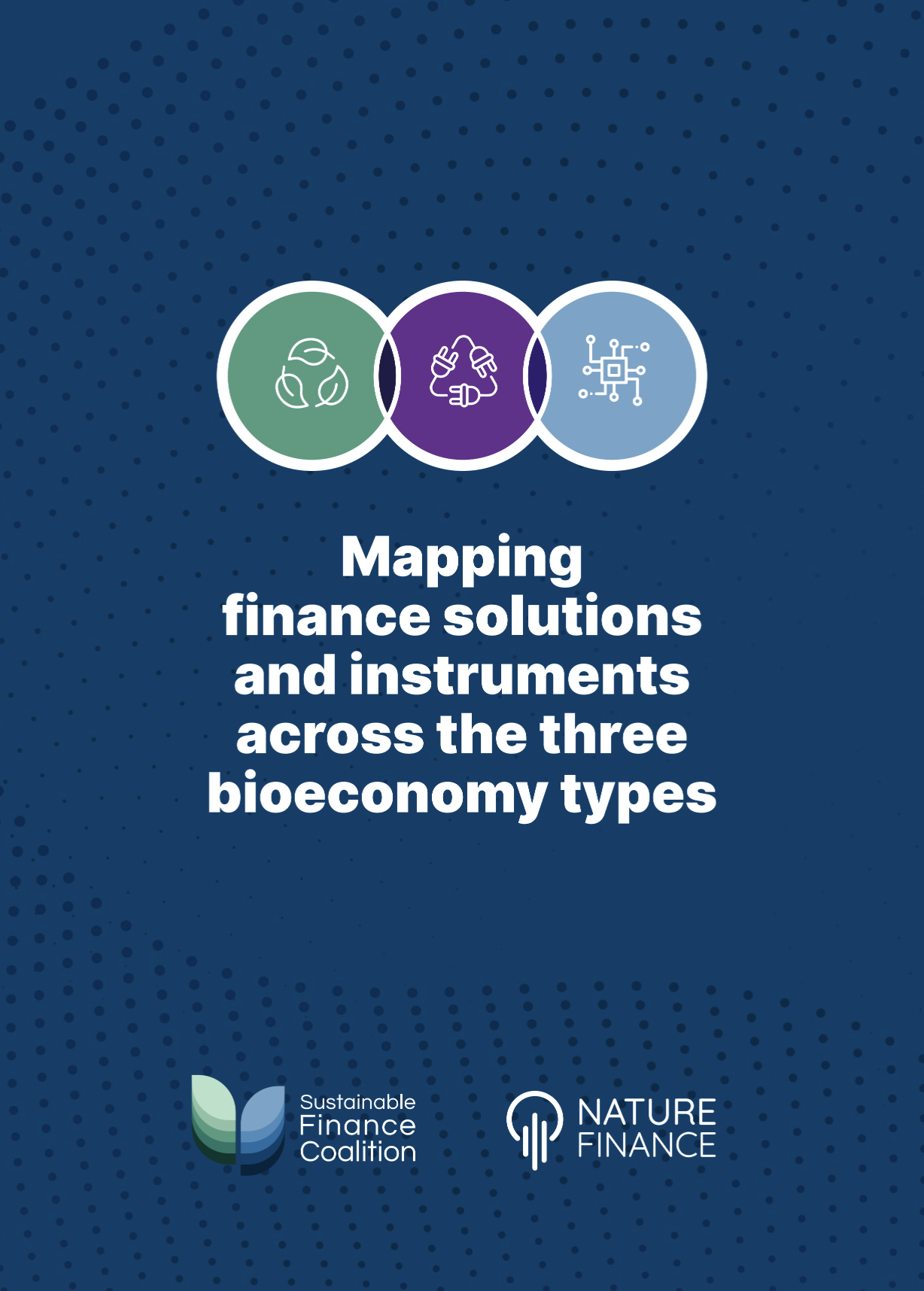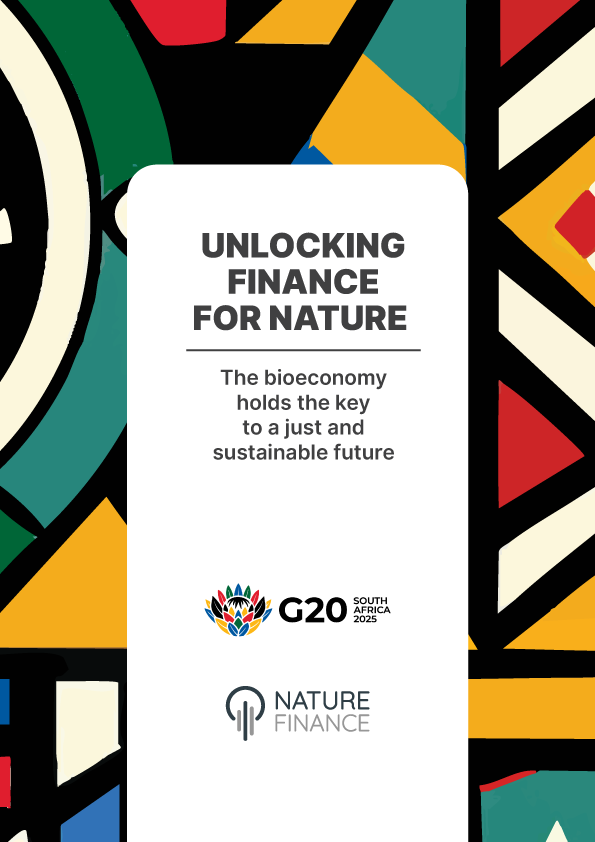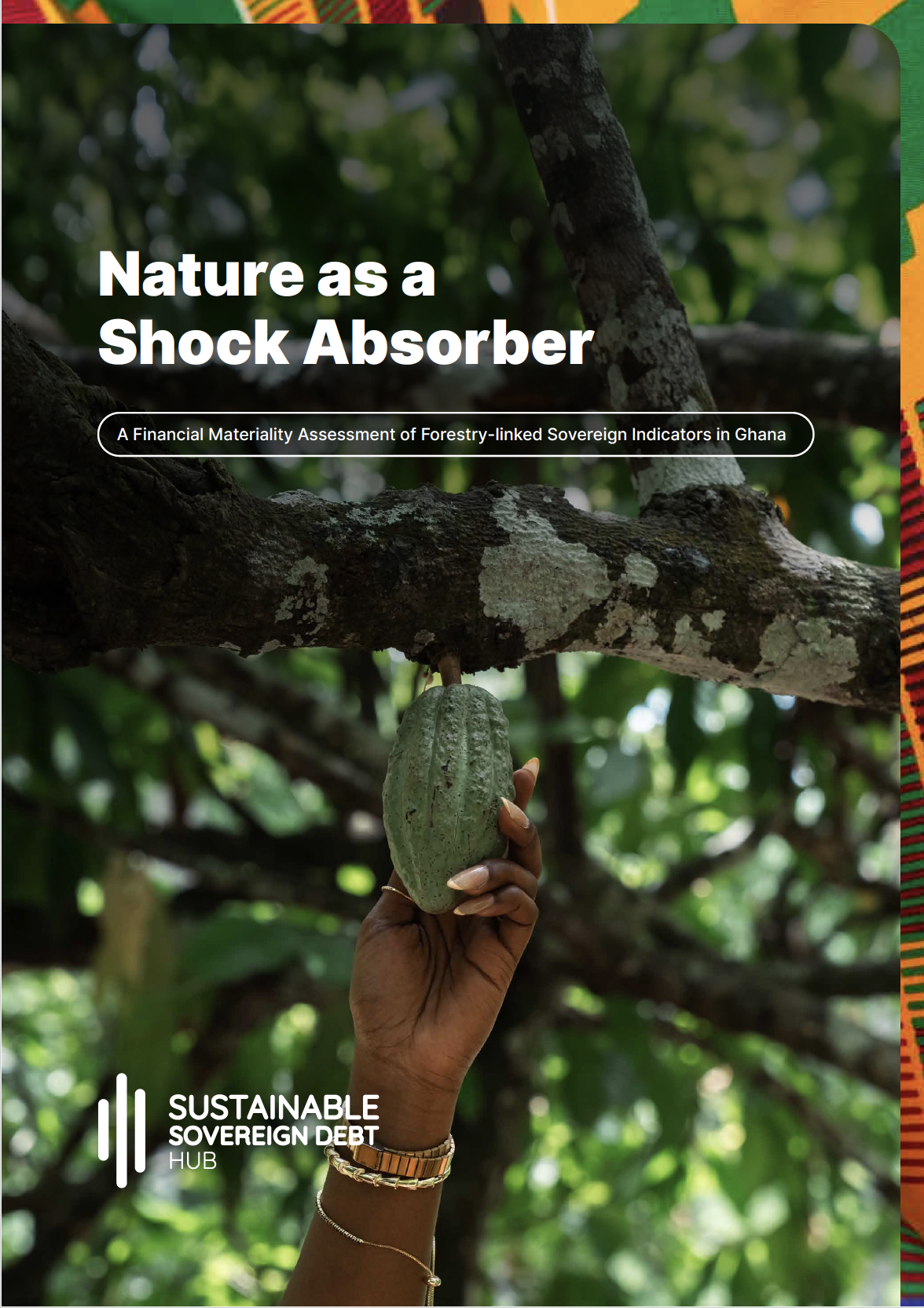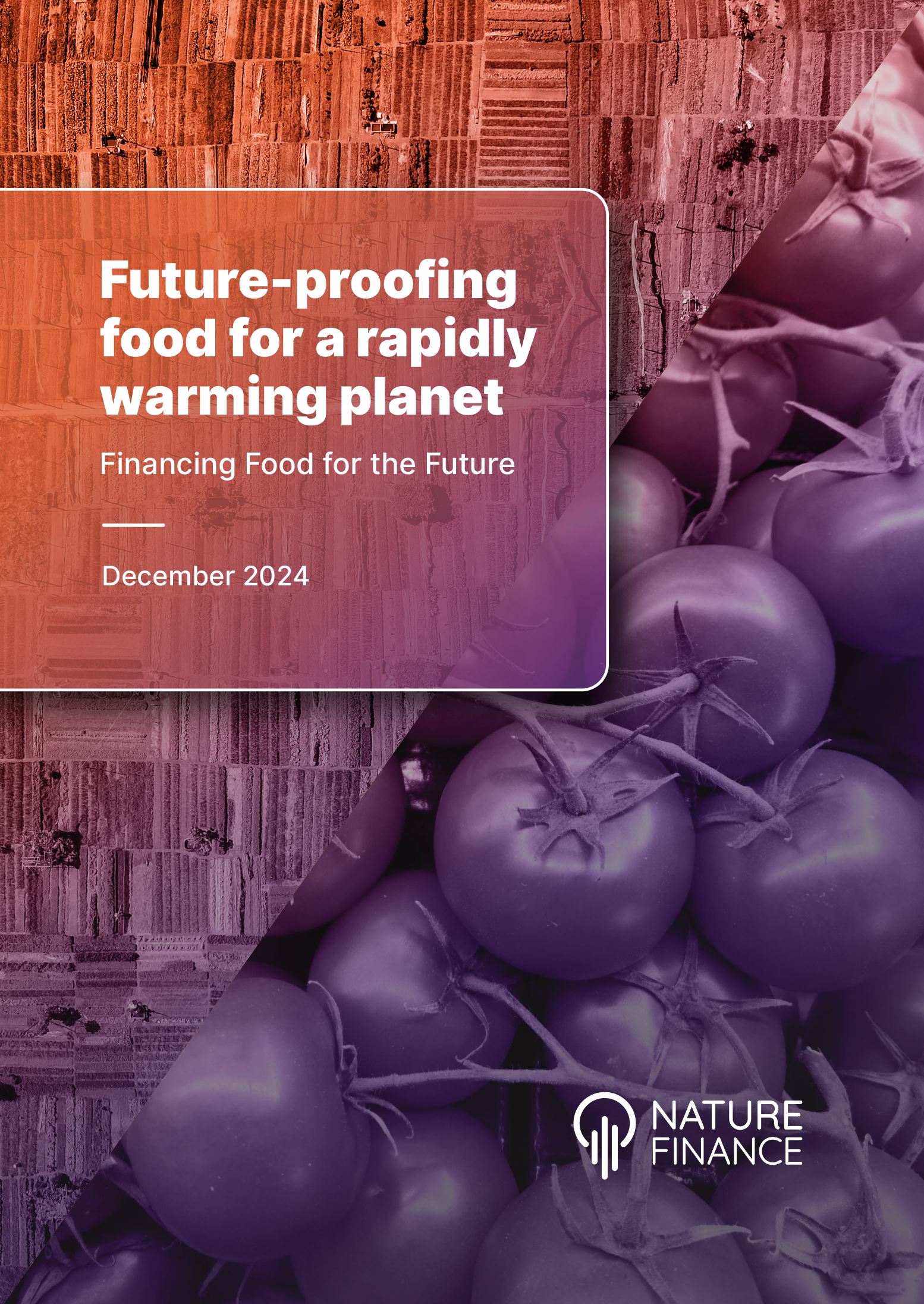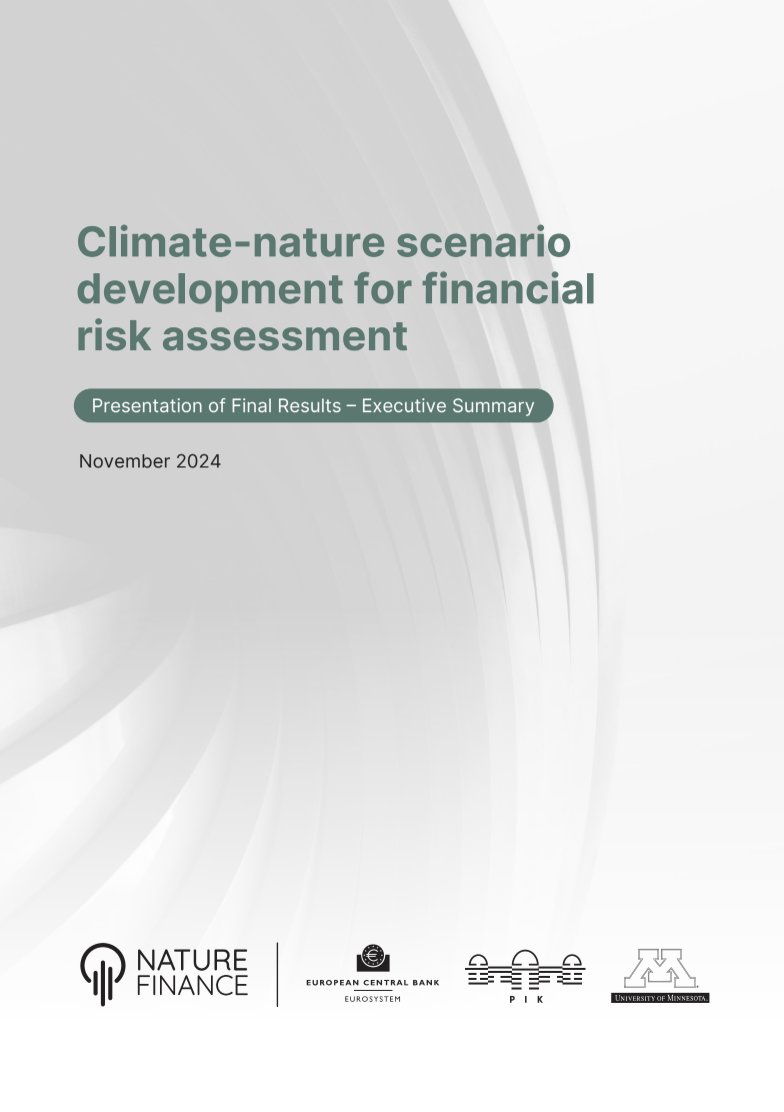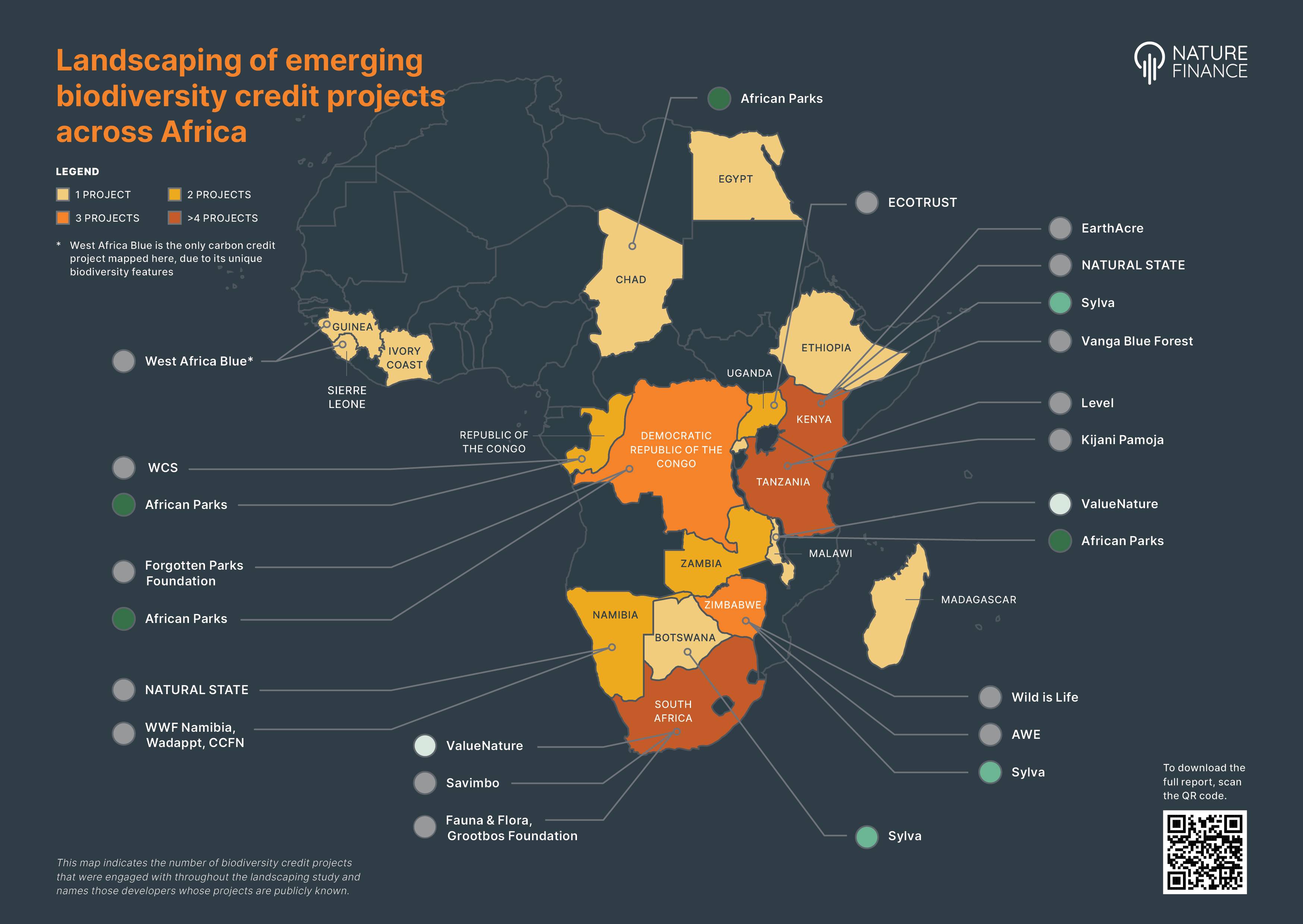The new policy brief “Forest-Related Outcomes from Brazil’s G20 Presidency: Synergies and Challenges to Leverage These Efforts”, released by NatureFinance and supported by the Institute for Climate & Society (iCS) on Biodiversity Day (22 May), examines how Brazil’s 2024 G20 presidency advanced forest-related priorities, and offers guidance on how G20 countries can build on this momentum to align national strategies with international commitments.
Forests are central to global climate stability, biodiversity, livelihoods and economic resilience. They store carbon, sustain over one billion people, provide key ecosystem services and contribute more than US$1.5 trillion to the global economy annually. Yet current international forest finance commitments remain far below what is needed to meet restoration and conservation targets – of the US$460 billion required each year, only US$30.03 billion has been committed for the 2021–2025 period.
This policy brief provides:
A concise compilation of the main forest-related outcomes of Brazil’s G20 presidency
An assessment of the synergies and policy challenges G20 countries face in leveraging these outcomes
Practical recommendations for translating international commitments into domestic action
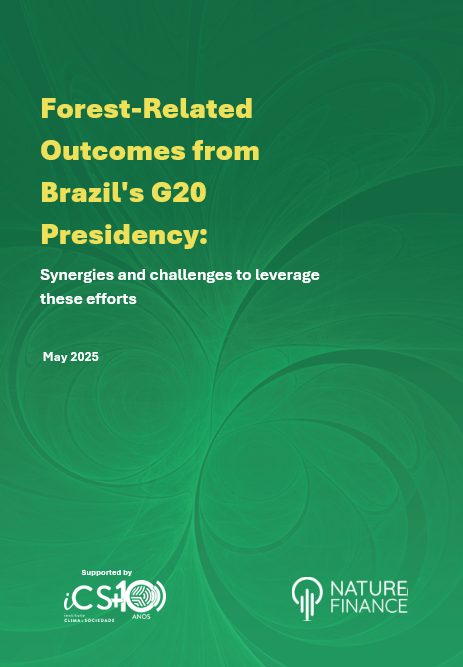
Context
Brazil’s presidency of the G20 marked a turning point in how the group of global major economies address forest protection and sustainable land use. Brazil placed sustainable development as a core pillar, achieving significant progress on building international collaboration for forest-related solutions, particularly in advancing climate finance, fostering nature-based solutions (NbS) and promoting the bioeconomy. This leadership resulted in unprecedented coordination between diverse working groups, initiatives, and task forces of the G20 Sherpa and Finance Tracks.
The Rio de Janeiro Leaders’ Declaration formally recognized the importance of forests and emphasized the need to scale up their protection and preservation. Central to this were commitments to strengthen sustainable forestry practices, invest in restoration, and support innovative financial mechanisms.
Highlights from Brazil’s G20 Presidency
Key forest-related outcomes include:
- Endorsement of Payments for Ecosystem Services (PES) as a policy and financing tool for forest conservation and restoration, climate mitigation, social inclusion and economic development. This includes support for innovative mechanisms, such as the Tropical Forest Forever Facility (TFFF)
- Publication of a nature-based solutions (NbS) finance toolbox featuring 12 case studies on blended finance mechanisms, assessing their potential for replication and scaling across G20 countries
- Introduction of the pioneer G20 Initiative on Bioeconomy (GIB) and adoption of High-Level Principles on Bioeconomy
- Establishment of the “G20 Task Force on Global Mobilization Against Climate Change” (TF-CLIMA), which for the first time brought together the Sherpa and Finance Tracks to align climate finance strategies
Looking Ahead
While Brazil’s G20 presidency represented a transformative milestone, the long-term impact of these announcements and initiatives depends on how effectively they are translated into sustained, collective action. This policy brief calls upon G20 member states to:
- Build on the efforts initiated by Brazil to advance cross-sector collaboration for bioeconomy initiatives and scale up financing mechanisms for NbS
- Integrate forest-related G20 outcomes into national strategies, such as such as developing comprehensive green national transformation plans focused on the bioeconomy
- Scale up investment in nature-based solutions and forest finance, leveraging both public and private capital
- Foster cross-sectoral collaboration and build institutional capacity to ensure implementation and close the finance gap
Forests remain under severe threat. Their continued degradation undermines global climate goals, economic resilience, and human development. And no country is immune to the cost implications of nature loss. For the G20, whose members include many of the world’s most nature rich countries, the imperative is clear: to convert commitments into action and ensure that standing forests are valued more for the services they provide than for the resources they yield when destroyed. It’s in everyone’s national interest to protect nature.
Contact and more information
For content enquiries, Gustavo.Martins@naturefinance.net
For media and communications enquiries, contact Roberta Zandonai, Communications & Engagement Manager, roberta.zandonai@naturefinance.net
Related publications
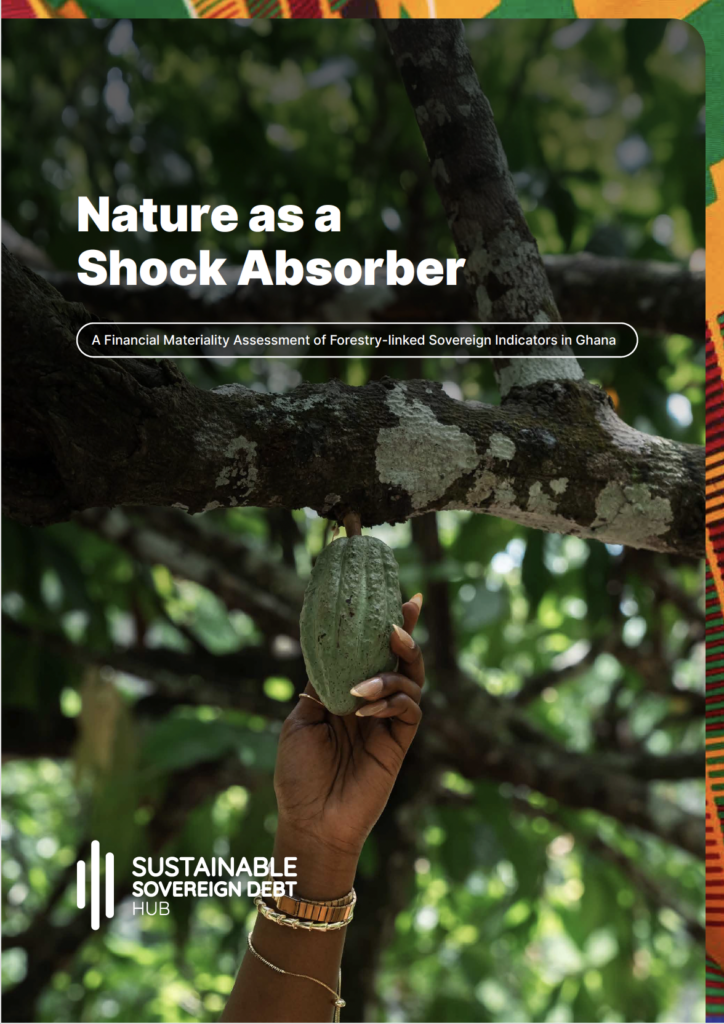
Nature loss is no longer just an environmental issue — it’s a growing fiscal and financial risk for all countries and an untapped financial asset that can stabilize fiscal frameworks and attract investments. Learn more at “Nature as a Shock Absorber: A Financial Materiality Assessment of Forestry-linked Sovereign Indicators in Ghana”
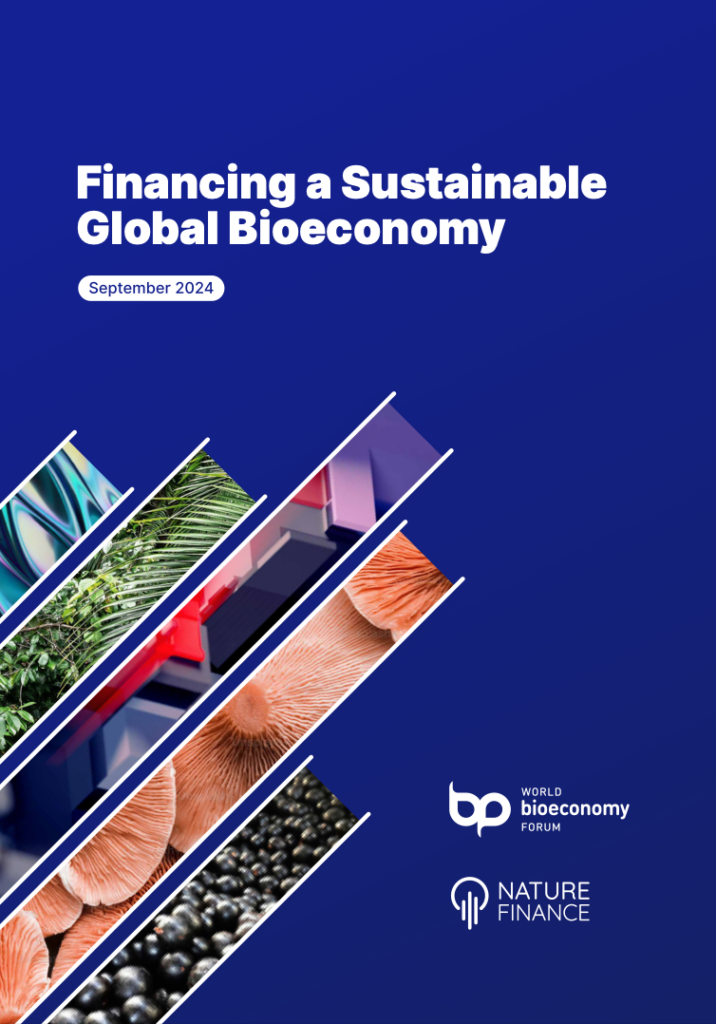
The bioeconomy spans a broad spectrum from local, nature-intensive practices to high-tech innovation. However, it must be developed sustainably, both environmentally and socially; otherwise, it risks deepening existing problems. Innovation, standards, and oversight are critical to ensuring it is not only extractive. Read more at Financing a Sustainable Global Bioeconomy
